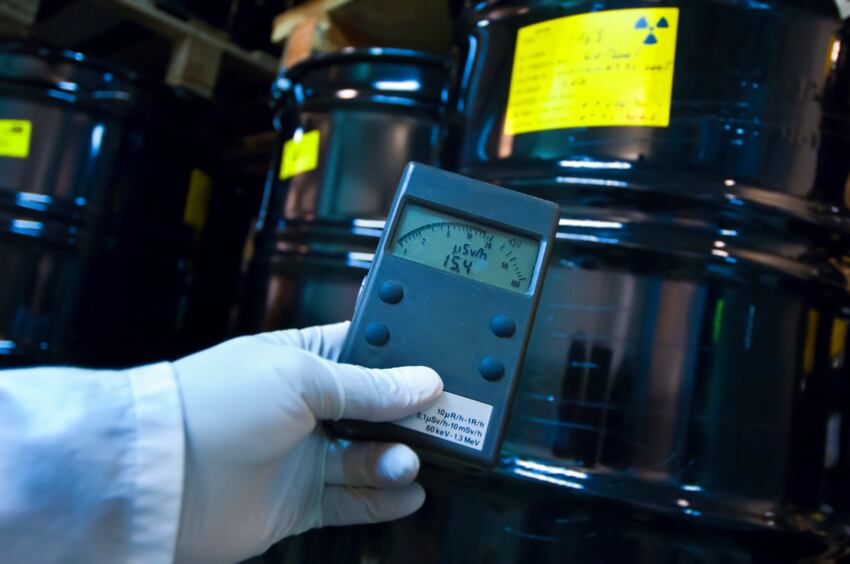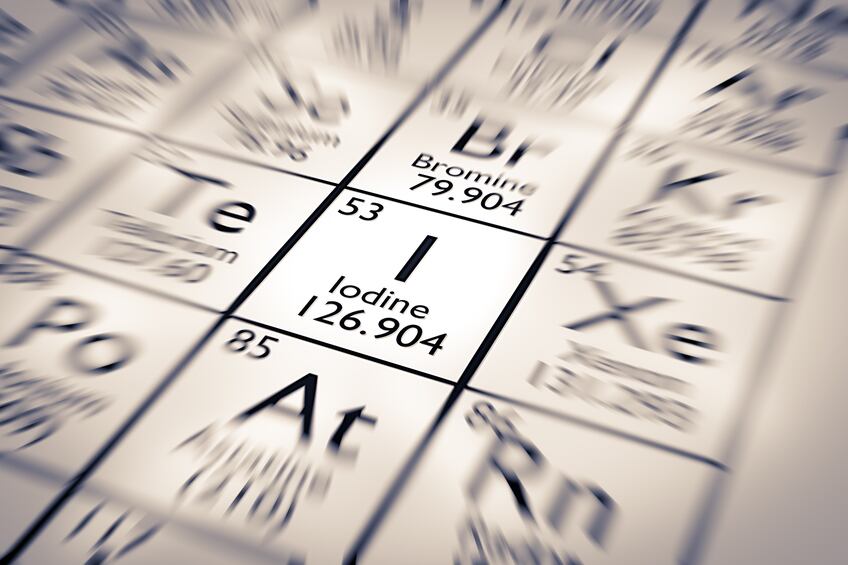The Dutch government has ordered 15 million iodine pills to protect people living near nuclear plants in case of an accident, as concerns rise over ageing reactors across the border in Belgium.
The iodine pills would be given first to under-18s and pregnant women living within a 100km radius of a plant, according to the reports.
The Dutch announcement came one day after Belgium said it planned to distribute iodine pills to its entire population of 11 million people in case of a nuclear accident.
Commenting on the announcements by the Dutch and Belgian governments, Dr Emilie Combet, lecturer at the University of Glasgow and expert on iodine supplementation, told NutraIngredients: “My opinion is that public health specialists in Belgium [and The Netherlands] will have made a careful decision looking at risks and benefits, and will have concluded that the benefits outweigh the risk (iodine pills are also rather inexpensive).”
She said the effectiveness of this strategy depended on the dose and timing of intake, which, in turn, is guided by public health officials.
“There is some experimental evidence in humans, as well as computer modelling in humans, and reports on populations that lived near the Chernobyl site. These have helped define the correct dose and time of intake for best protection,” she said.
Don’t panic
However, she said that the risk for populations not very close to a susceptible nuclear plant, such as the UK, is “panic fuelled by misinformation, with people starting to self-medicate and putting themselves in harm's way by exposing themselves to large doses or spending money on dietary pills.”
“It is not a good idea to consume high doses of iodine from tablets independently from official instruction from public health government specialists, since very high doses of iodine can have side effects,” she warned.

However the type of iodine pills given for nuclear accident protection are higher dosage than regular supplements.
Iodine science
Radioactive iodine is one of several types of radioactive elements that can be released during a nuclear accident. However, a particular characteristic of iodine (any type, radioactive or not) is that it accumulates in the thyroid gland, which is present in the neck.
“The thyroid, which uses iodine to make thyroid hormones, acts as a reservoir, and is rarely ‘replete’ - we actually need much less than the ‘full’ reservoir for our thyroid hormones to be synthesised,” explained Dr Combet.
“So when a nuclear accident happens, people close to the accident may be exposed to radioactive iodine in large quantities. And this radioactive iodine will go and fill the thyroid reservoir, which increases the risk of developing thyroid cancer.”

A recognised way to protect people is to give them non-radioactive iodine to fill their thyroid, blocking the radio-iodine.
However, this only protects against ionising radiation, not other types of radiation from the other radioactive elements that could be released.
